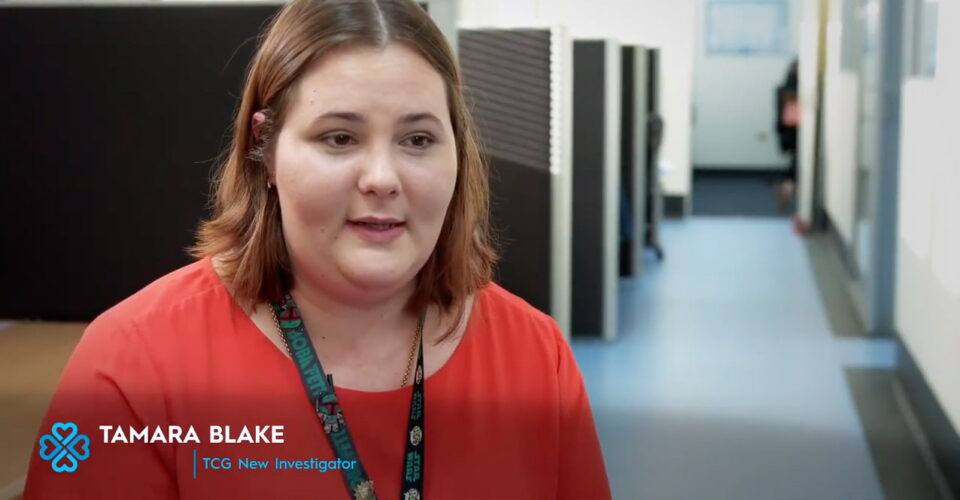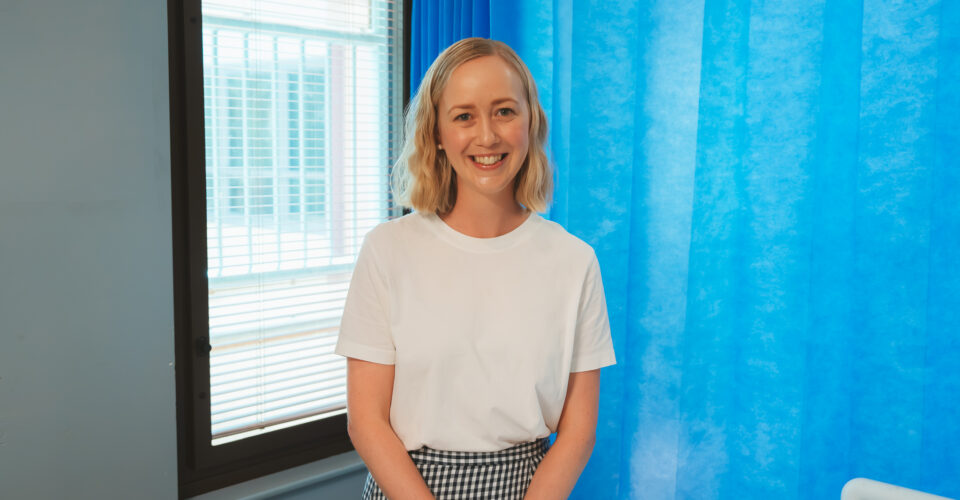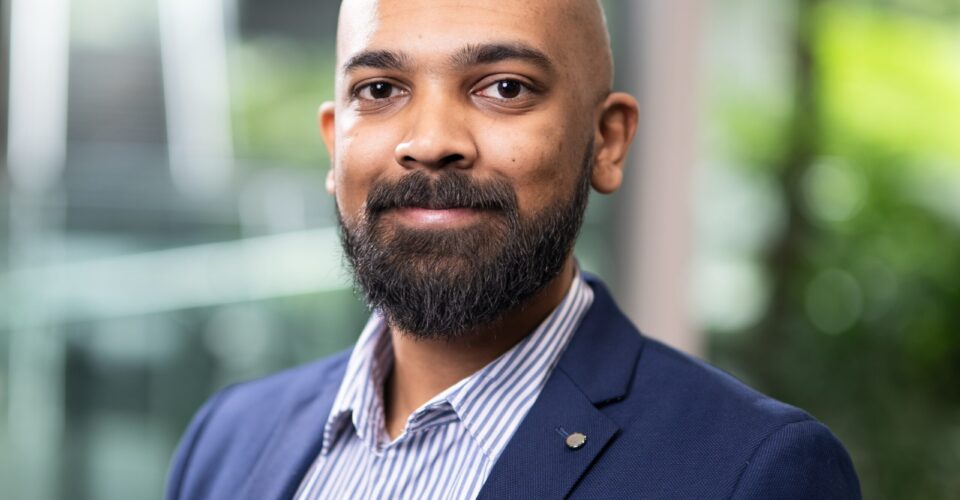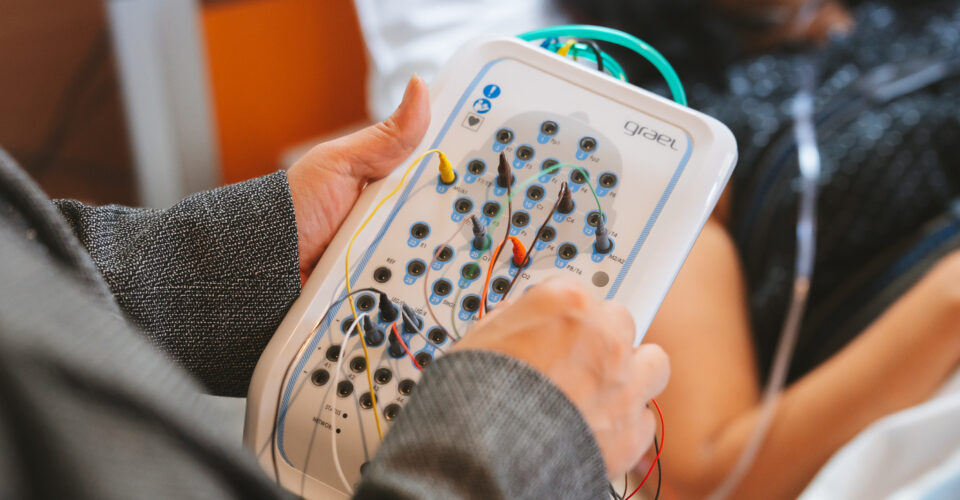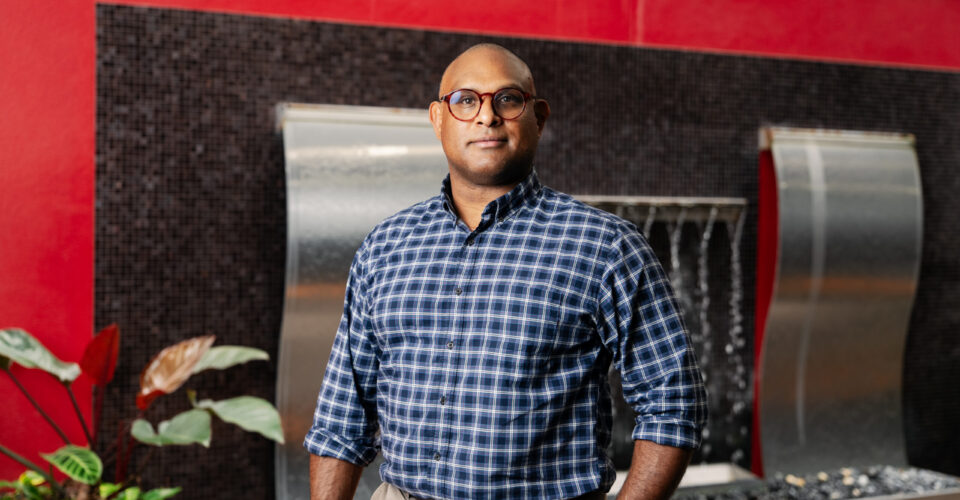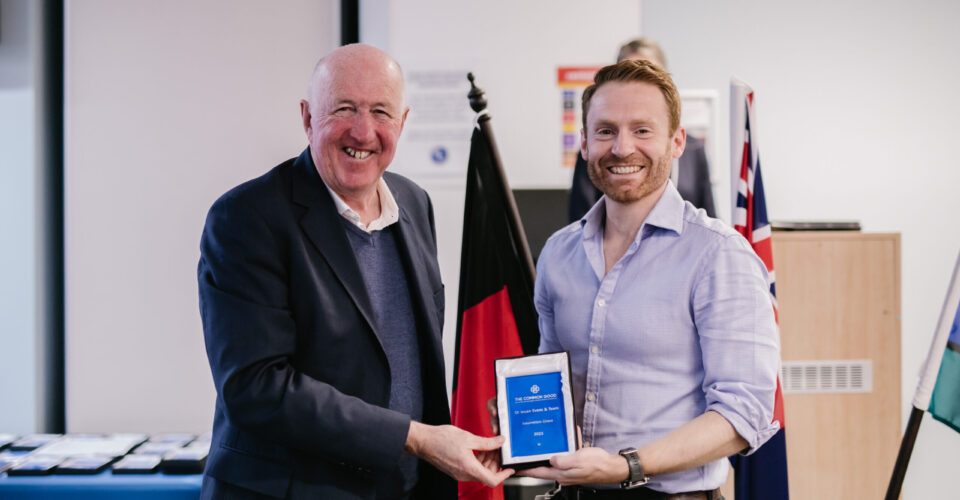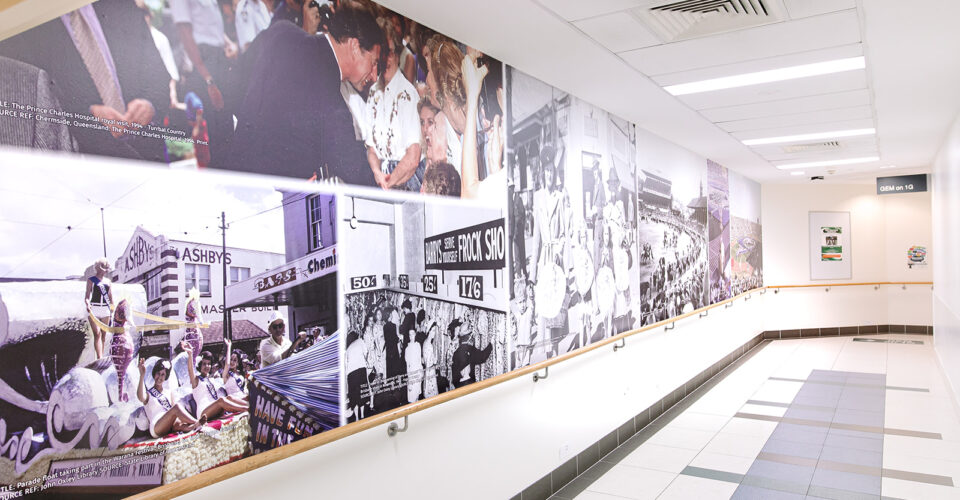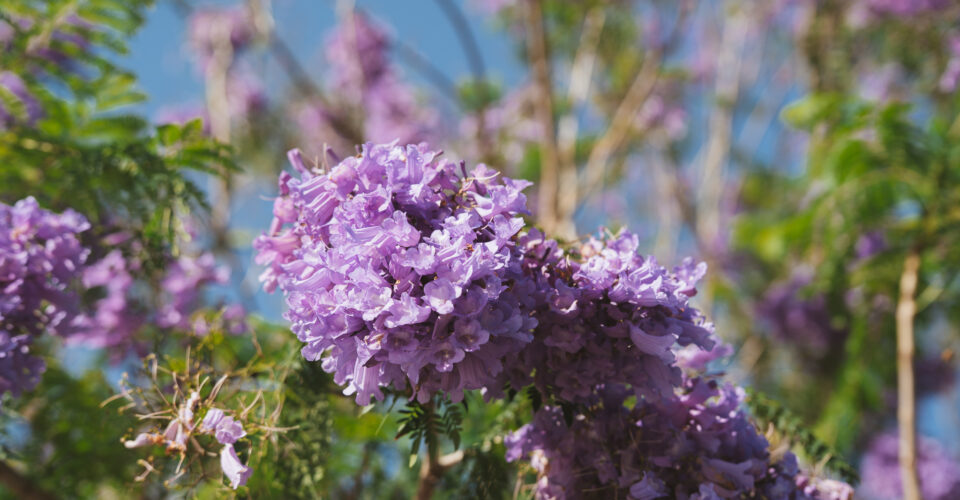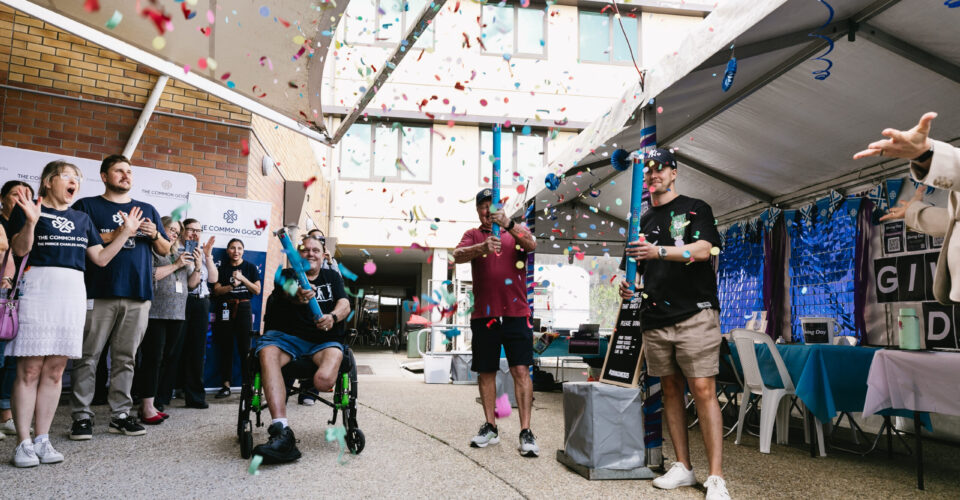Indigenous Australians face some of the most alarming health statistics in Australia and respiratory illnesses are in the top six killers in this community. The figures are even more alarming when it comes to their youngest community members – indigenous children aged between 0 and 4 years old are a staggering 15% more likely to die as an infant from respiratory disease than non-indigenous Australians.
Spirometry and fractional exhaled nitric oxide, or FeNO, are the specific lung function tests that are used people for respiratory illnesses such as asthma, COPD and cystic fibrosis; these tests are used identify if there’s a problem and, if so, how bad it is. The results of these tests are based on healthy reference ranges for lung function, collated over years of testing and research.
Reference ranges are dependent on a person’s age, height and ethnicity. For example, it is known that an African American person often has a shorter torso, so their lungs are naturally smaller. As it is known that this is the common physical structure this is within considered in the ‘healthy reference range’ guidelines for an African American persons lung function.
But despite the common use of these tests and these concerning statistics for indigenous Australians there is currently no healthy lung function reference range for lung function testing in our indigenous community. Currently when medical professionals are testing within indigenous communities or in a hospital setting they select a button that either says ‘other’, or it is ignored completely – and their lung function is compared to Caucasian values. Previous studies suggest that testing indigenous Australians with Caucasian reference values could lead to a discrepancy of up to 20%. In terms of diagnosis this means that medical professionals may miss something completely or they may miss diagnose someone as being unwell when they in fact are not.
Tamara Blake wants to improve the lives of thousands of indigenous Australians by conducting a study to develop accurate healthy reference ranges for lung function for this forgotten community. Tamara will start her research with the most at risk indigenous Australians, children.
By travelling in to remote communities Tamara will conduct lung function testing on healthy children, using specialised spirometry and FeNO testing that use games and interactive programs to units to encourage participation – such as “blowing out candles on a cake”. After testing 1200 children and young adults, up to the age of 25, in Aboriginal and Torres Strait Islander communities the results will be able to be analysed by a special computer program which will confirm a healthy lung function range for these at risk people.
With the successful completion of this research Tamara hopes to reduce the alarming mortality rate for indigenous children and communities. With an accurate reference range aims to eliminate some of the discrepancy between current testing results and that this will have a flow on affect in to the grey area of diagnosing, treatment processes and management processes for indigenous Australians; leading to earlier treatments, slowing patient decline, better patient outcomes and potentially saving lives. And, by only treating the people who really need it we eliminate undue stress on the health system, patients and the community.
Support The Common Good here.
